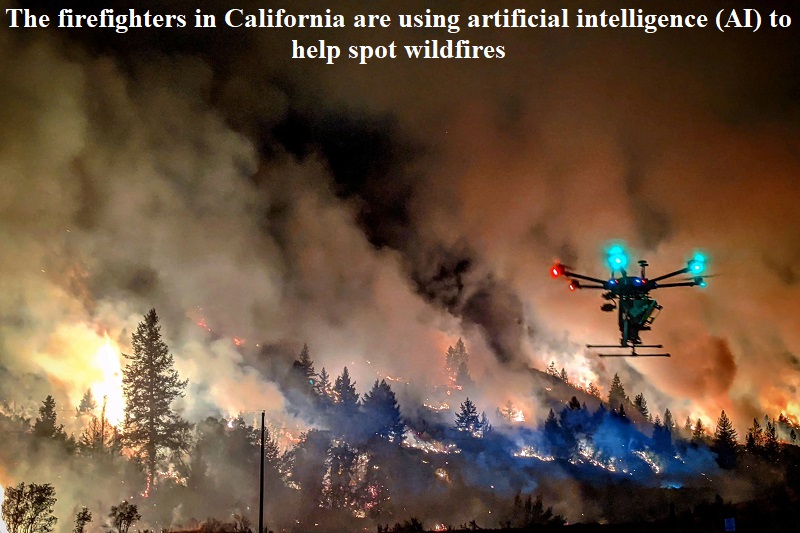
Wildfires, which are spontaneous, uncontrolled, and unpredictable, depend on various factors like weather, fuel availability, and geographical conditions for their behavior and severity. Governments struggle to manage them and often seek external assistance.
In California, firefighters are employing artificial intelligence (AI) to detect wildfires. This system utilizes video feeds from over 1,000 strategically positioned cameras across the state, alerting first responders when intervention is required.
To address the escalating frequency and intensity of climate-driven disasters, ALERTCalifornia, based at the University of California San Diego, prioritizes innovative data collection and research.
ALERTCalifornia was developed by engineers from the University of California San Diego in collaboration with DigitalPath, a California-based company, and offers cutting-edge technology for data-driven decision-making in disaster preparedness, response, and recovery.
The program aims to understand wildfires and other natural hazards, helping authorities assess short and long-term impacts on both people and the environment, thus guiding management decisions.
According to Reuters, Cal Fire reported an incident where AI detected a fire while people were asleep and smoke was concealed in darkness. The AI alerted a fire captain who dispatched a team of firefighters, leading to the fire’s extinguishment within 45 minutes.
Cal Fire cited additional instances of AI alerting fire captains before a 911 call, highlighting the program’s effectiveness since its launch on July 10, although a comprehensive report was not yet available.
Suzann Leininger, a Cal Fire intelligence specialist, emphasized the global applicability of this technology, especially in light of increasing fire risks due to larger and more frequent fire events driven by climate change.
Neal Driscoll, director of ALERTCalifornia and geoscientist at UC San Diego’s Scripps Institution of Oceanography, expressed optimism about the program’s impact, stating it would contribute invaluable research and mitigation plans to enhance the state’s resilience against new extreme fire threats.
Driscoll highlighted the significance of data from high-risk fire regions, which would significantly empower firefighters, first responders, legislators, city planners, and scientists in the years to come.

Post Your Comments